What is an Appliance?
UNICOM Engineering subscribes to Gartner’s definition of an appliance as “a computing entity that delivers predefined service(s) through an application-specific interface with no accessible operating software.” This definition reflects what enterprise customers want in applications today—reduced complexity with increased security, reliability, and manageability. By shipping their applications as appliances, software vendors can meet these customer requirements while also improving their operational effectiveness.
Deploying as a Hardware Appliance
In recent years, deploying enterprise software has changed dramatically. The days of shipping disks or downloading software to general-purpose servers are all but gone. Network integration, interoperability, and a host of support issues have changed how software is delivered. More and more software vendors are turning to plug-and-play hardware-based appliances because they are more secure, easily maintained, and built for application performance.
Building an appliance is no easy task. Specialized skills are needed to create the perfect appliance, test it, validate its performance, and properly certify it for deployment. To achieve the full benefits of the hardware appliance model, its architecture must make efficient use of the network on which it resides. Once deployed, the appliance needs a secure update capability and an effective means to manage deployed appliances. For the vast majority of software companies, the fundamental problem is not having the expertise and dedicated resources needed to build and maintain a hardware-based deployment program.
Find the Best Server Technology for You
Liquid and Immersion Cooling-Based Servers
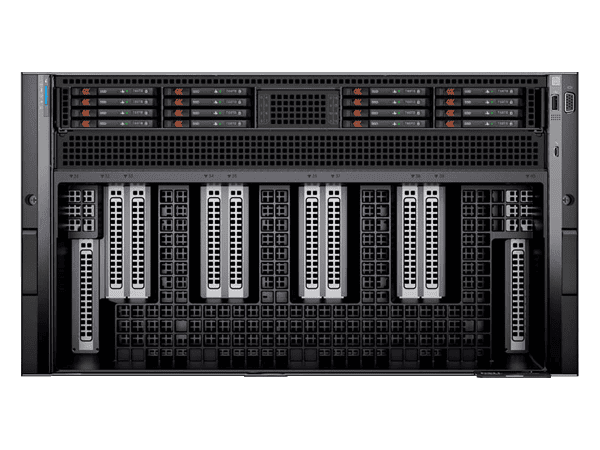
XE9680-IR
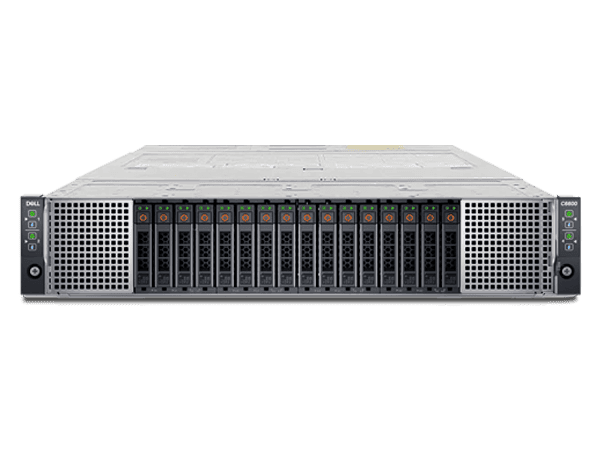
C6620-IR
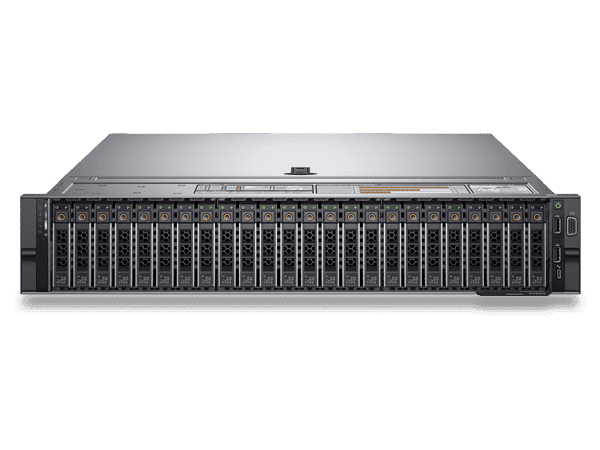
R760-IR
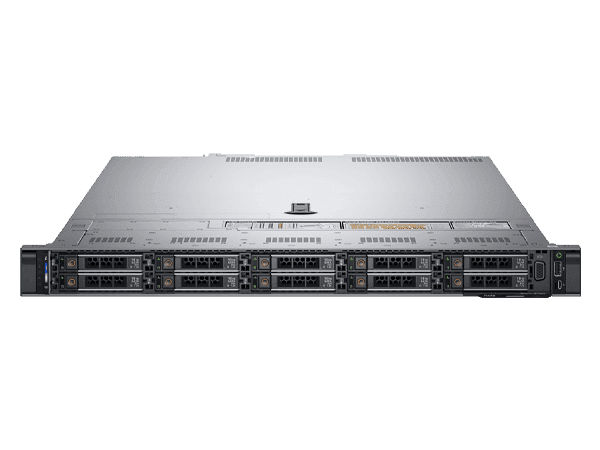
R660-IR
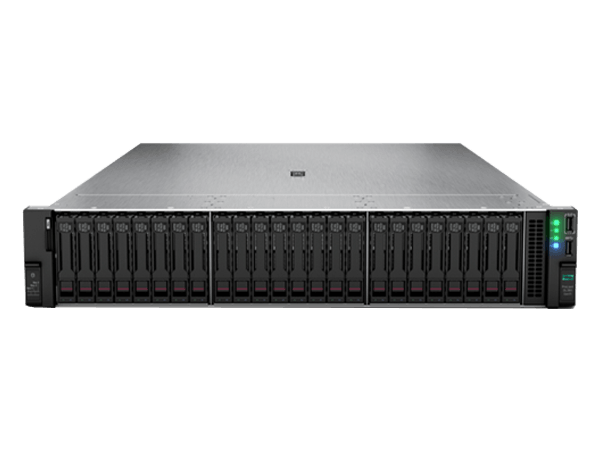
DL380 Gen11-IR
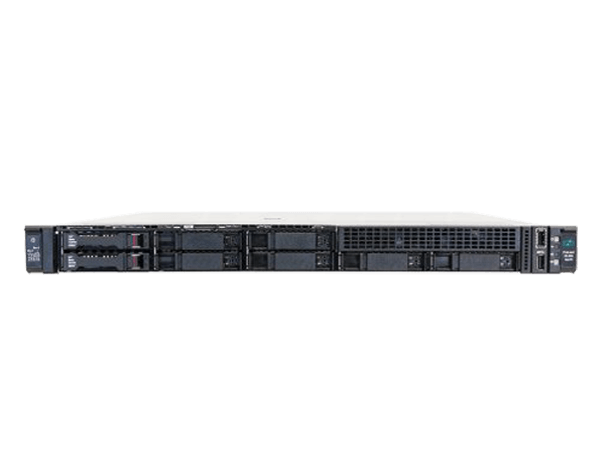
DL365 Gen11-IR
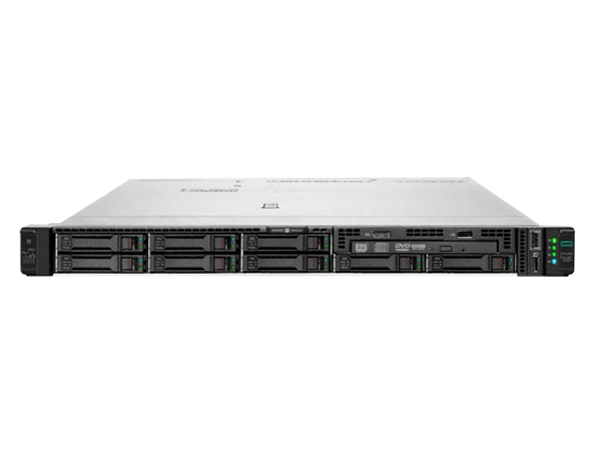
DL360 Gen11-IR
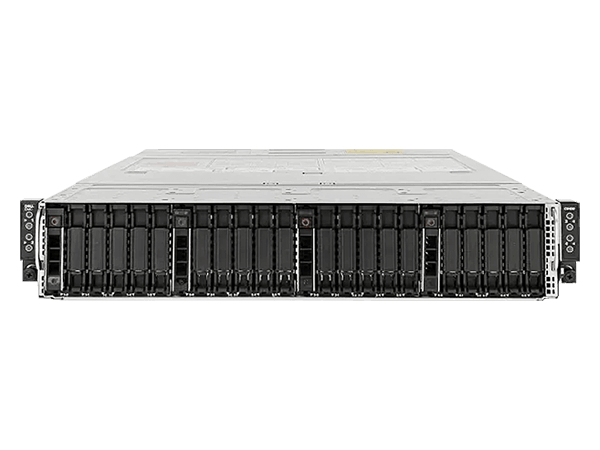
C6525-IR
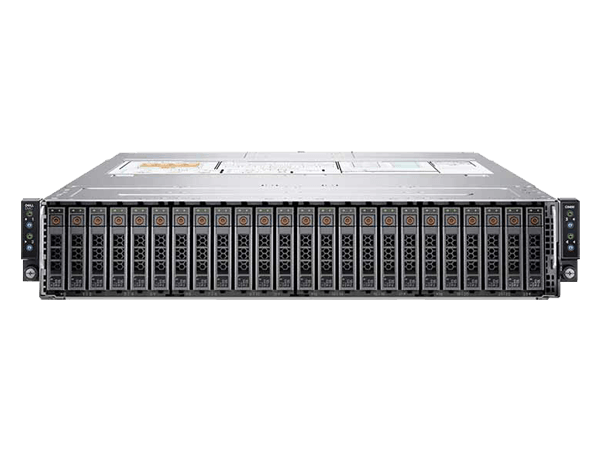
C6520-IR
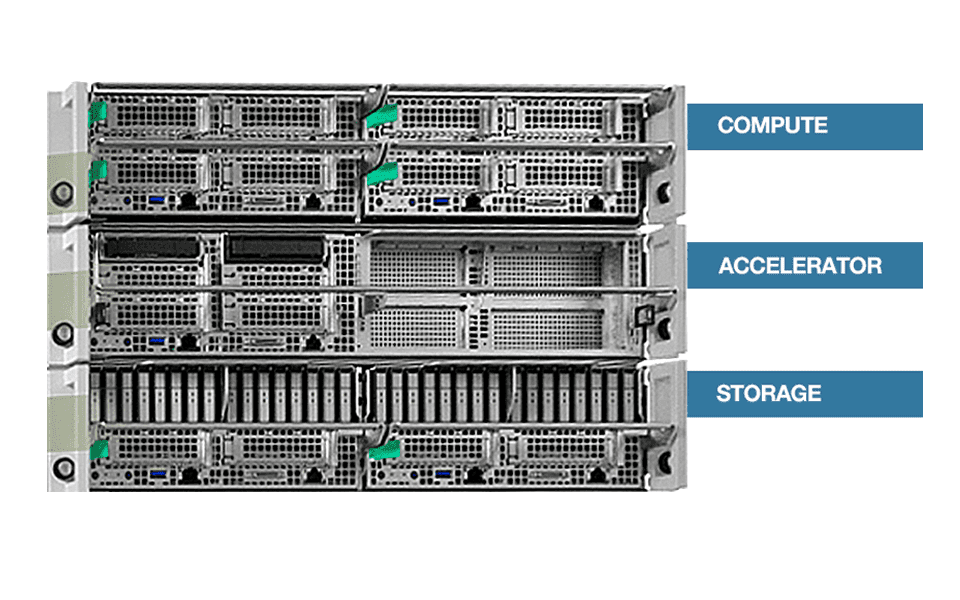
D50TNP-IR
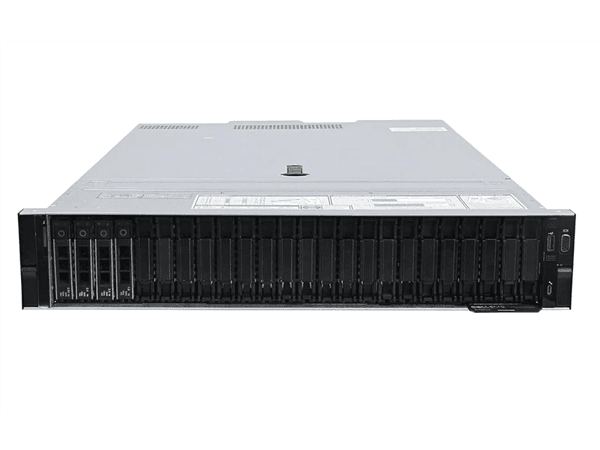
R750-IR
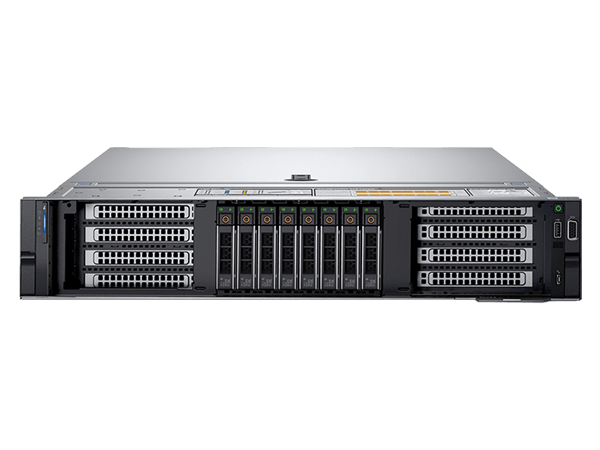
R750XA-IR
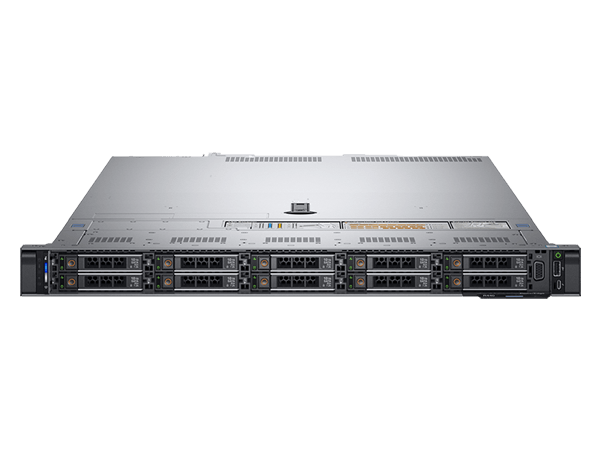
R650-IR

DL380 Gen10+-IR
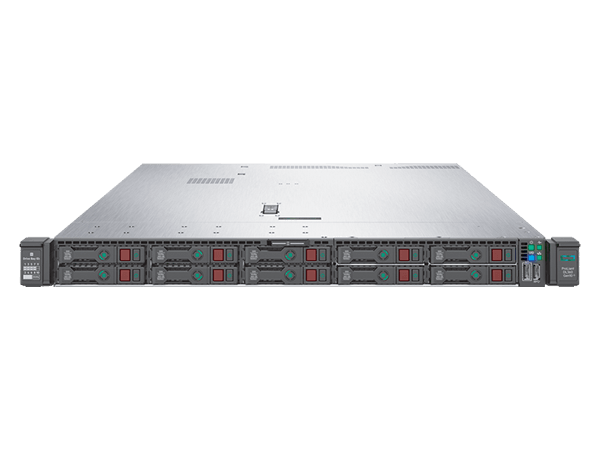
DL360 Gen10+-IR
Intel® Xeon® Scalable Processor Family (Emerald Rapids) Based Servers
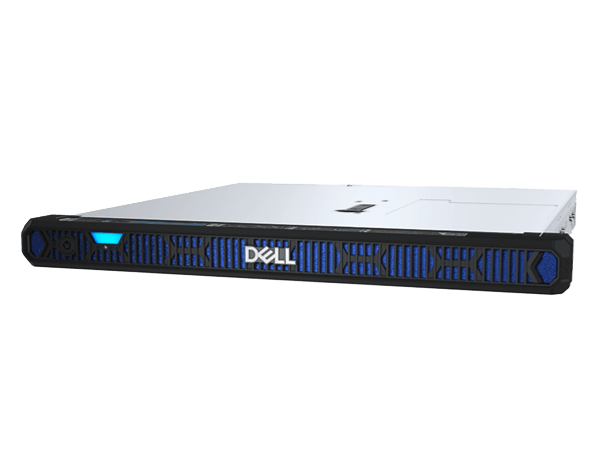
Dell PowerEdge XR5610
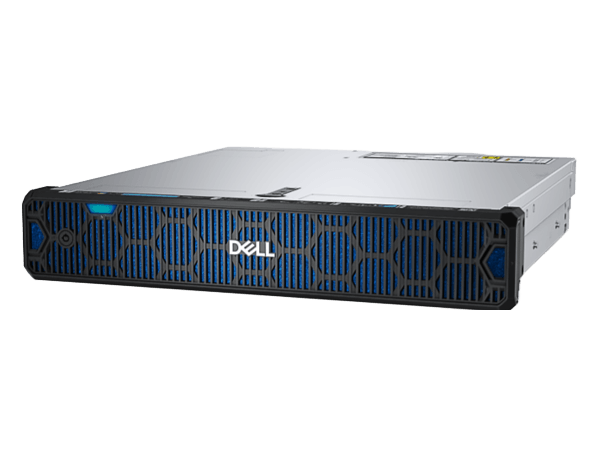
Dell PowerEdge XR7620
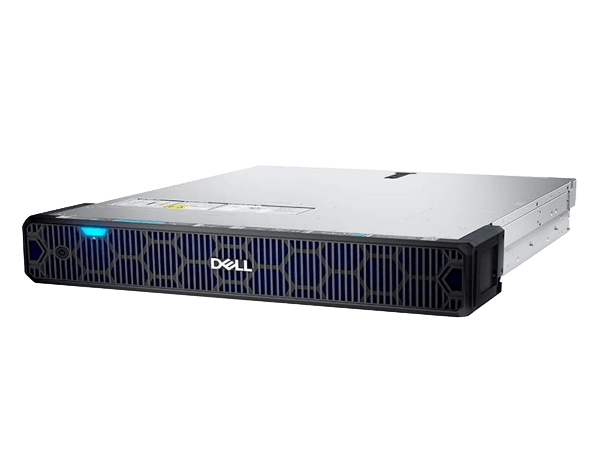
Dell PowerEdge XR8000
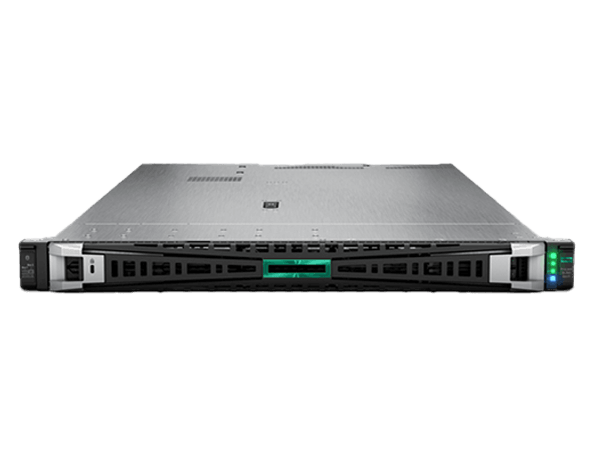
HPE ProLiant DL360 GEN11
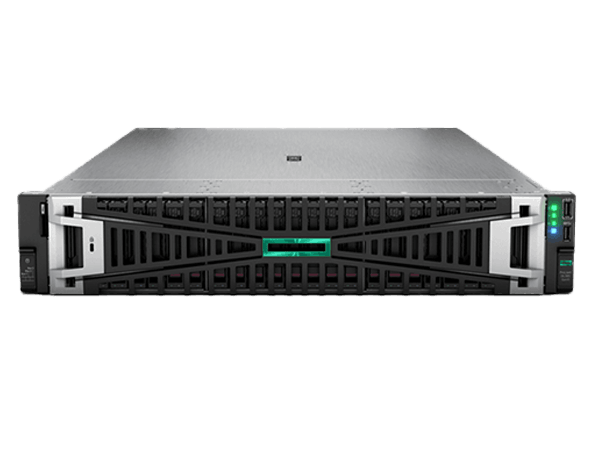
HPE ProLiant DL380 GEN11
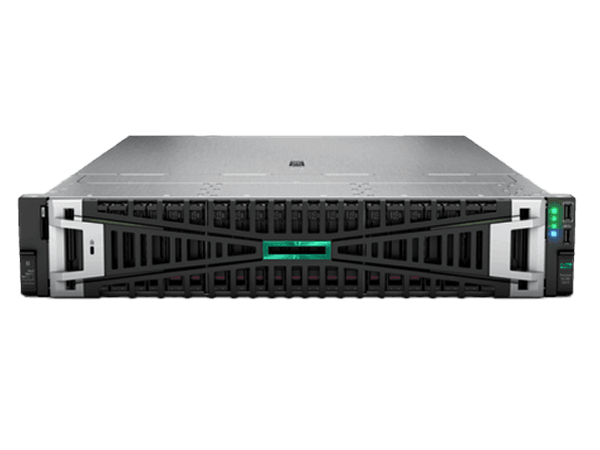
HPE ProLiant DL385 GEN11
Intel® Xeon® Scalable Processor Family (Intel Xeon 6) Based Servers
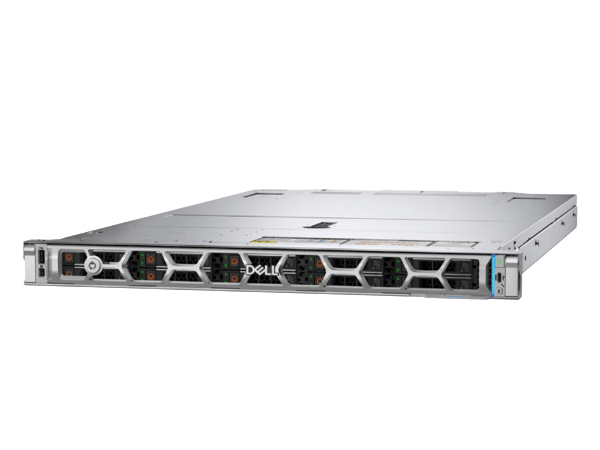
Dell PowerEdge R470
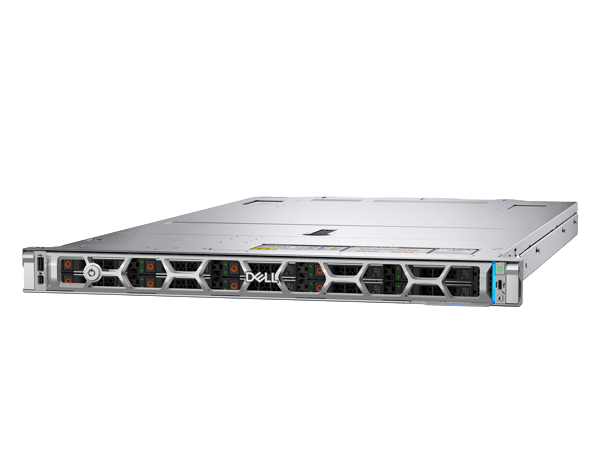
Dell PowerEdge R670
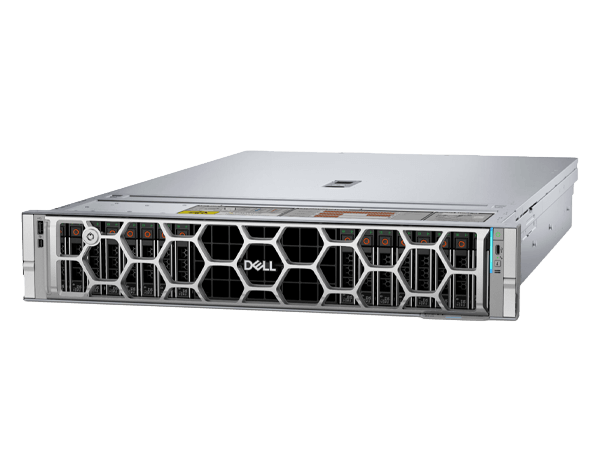
Dell PowerEdge R770
AMD EPYC Processors (Zen5 Microarchitecture) Based Server
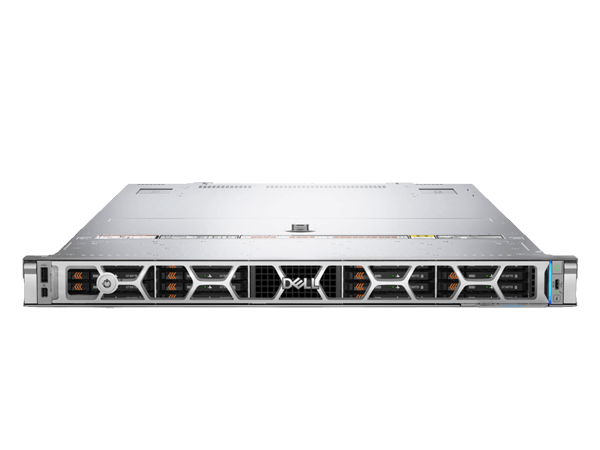
Dell PowerEdge R6715
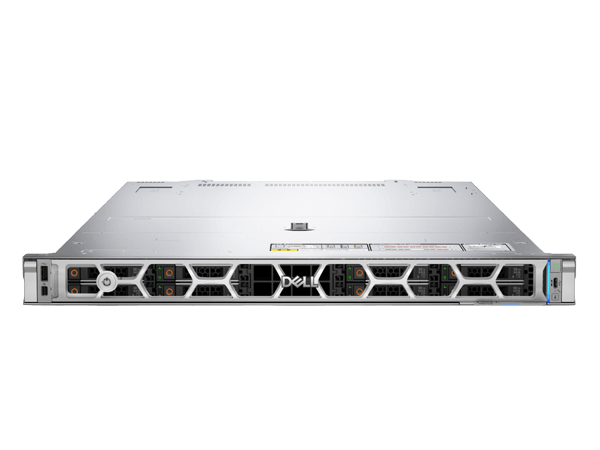
Dell PowerEdge R6725
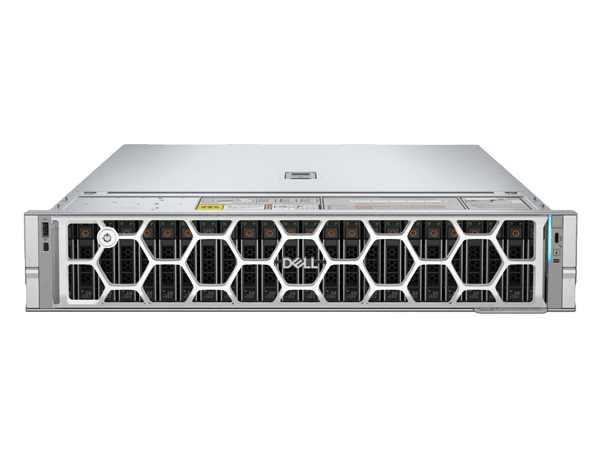
Dell PowerEdge R7725
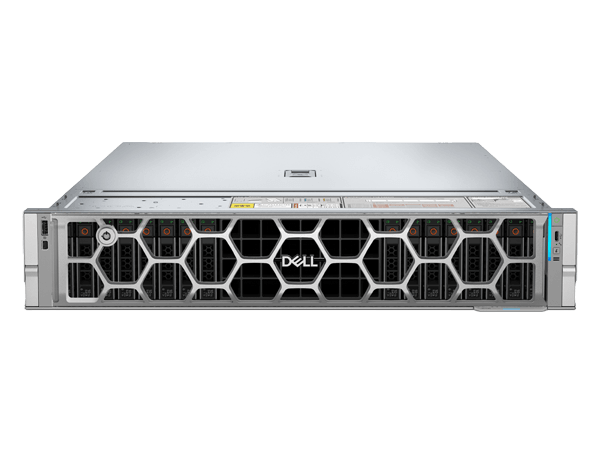
Dell PowerEdge 7715
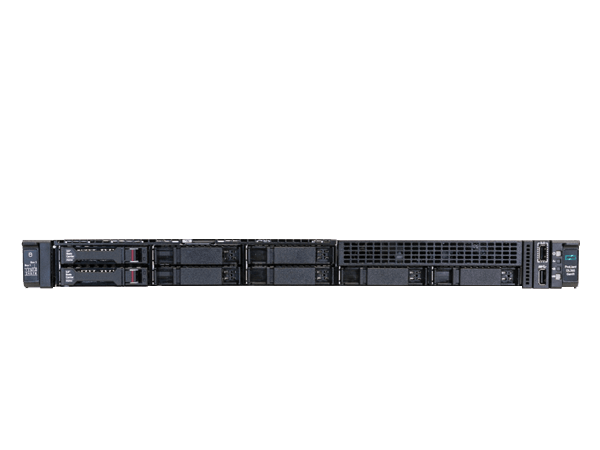
HPE ProLiant DL365 GEN11
Intel® Xeon® Scalable Processor Family (Sapphire Rapids Microarchitecture) Based Servers
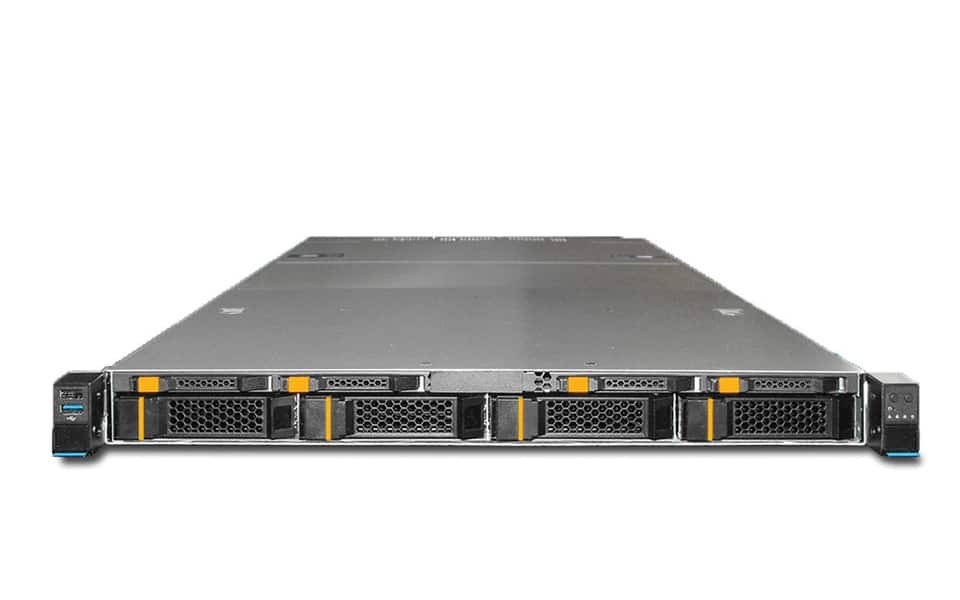
E-1800 R7 (4x3.5”+4x2.5”)
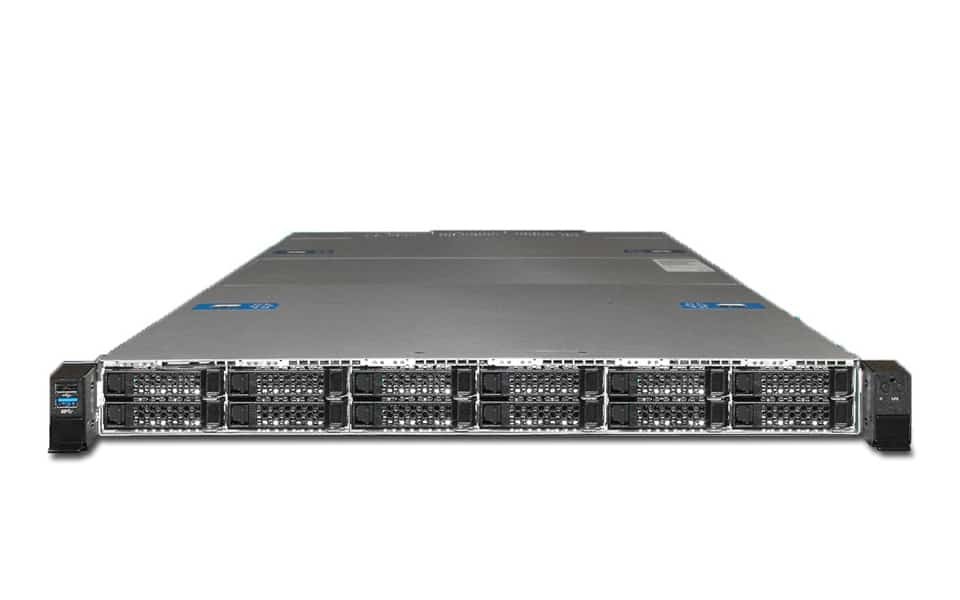
E-1800 R7 (12x2.5”)
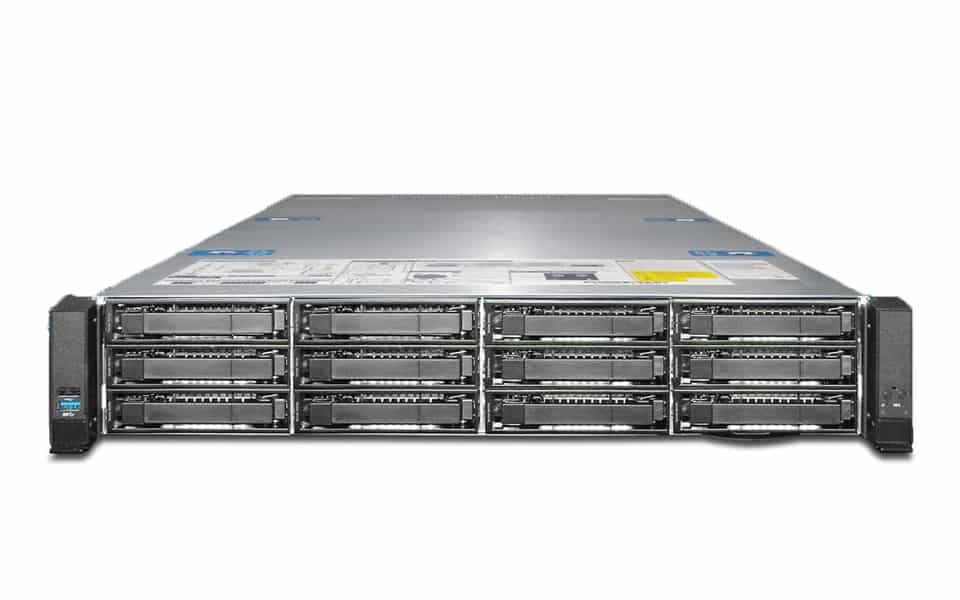
E-2900 R7 (12x3.5”)
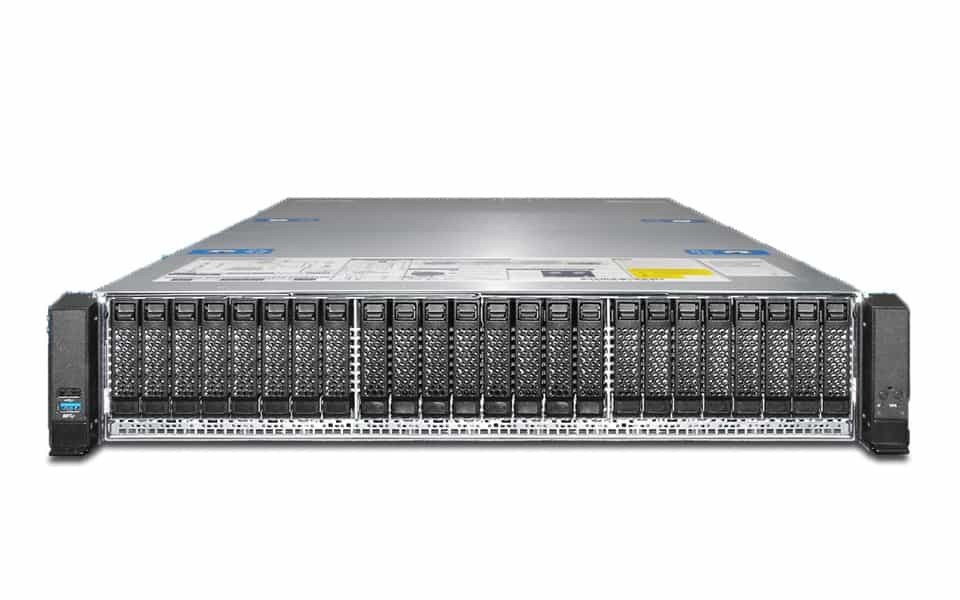
E-2900 R7 (24x2.5”)
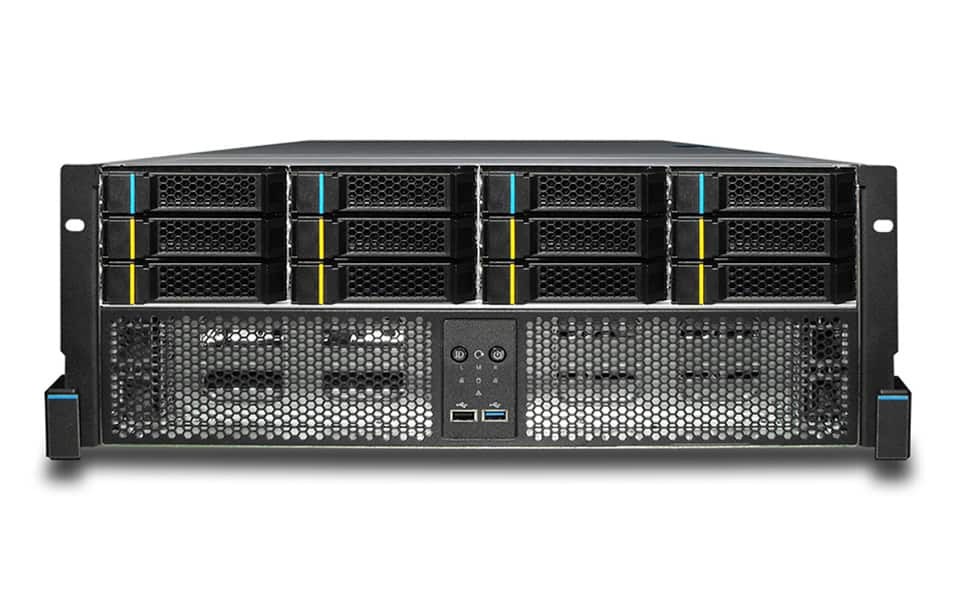
H-4448 (48x3.5”)
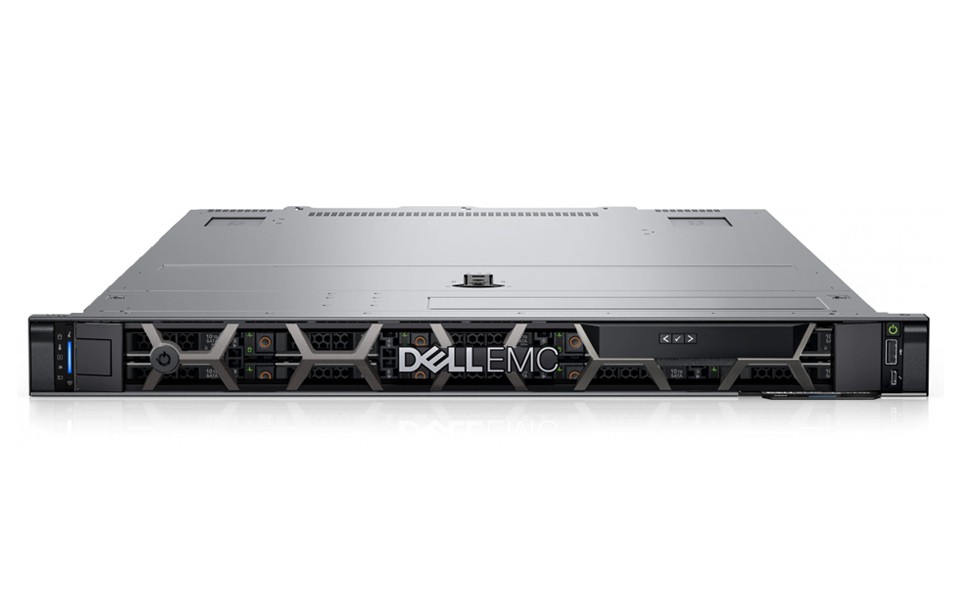
Dell PowerEdge R660
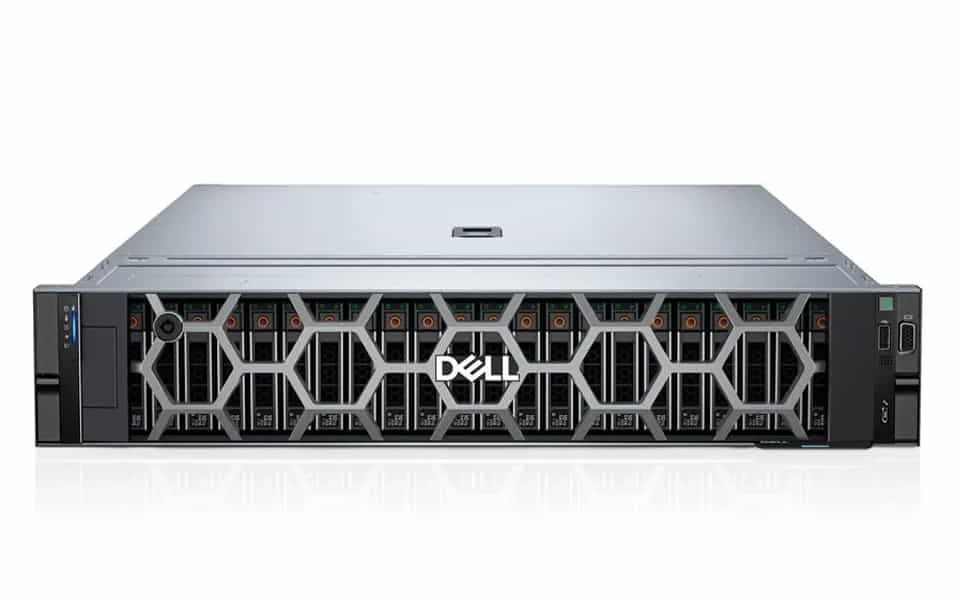
Dell PowerEdge R760
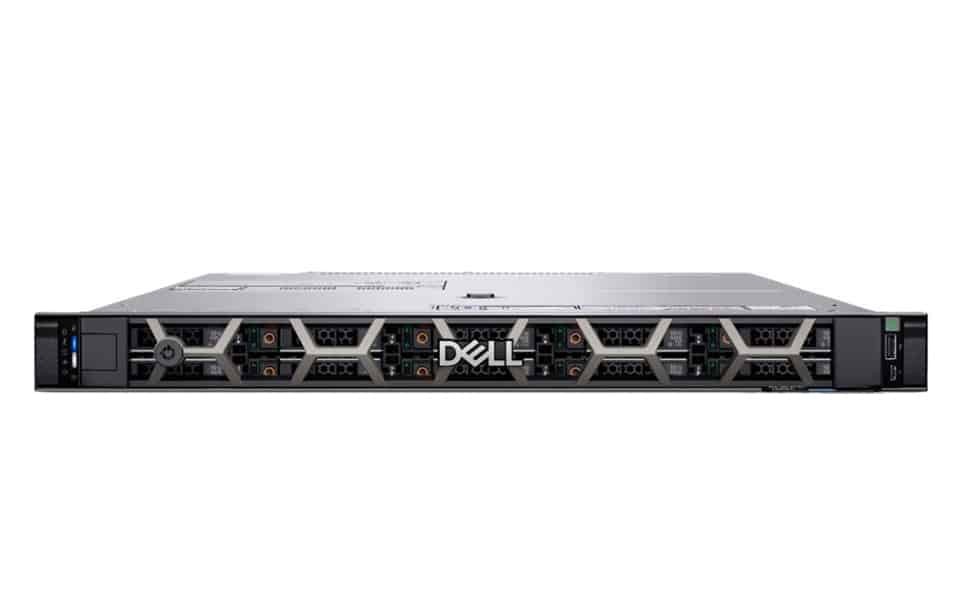
Dell PowerEdge R6615
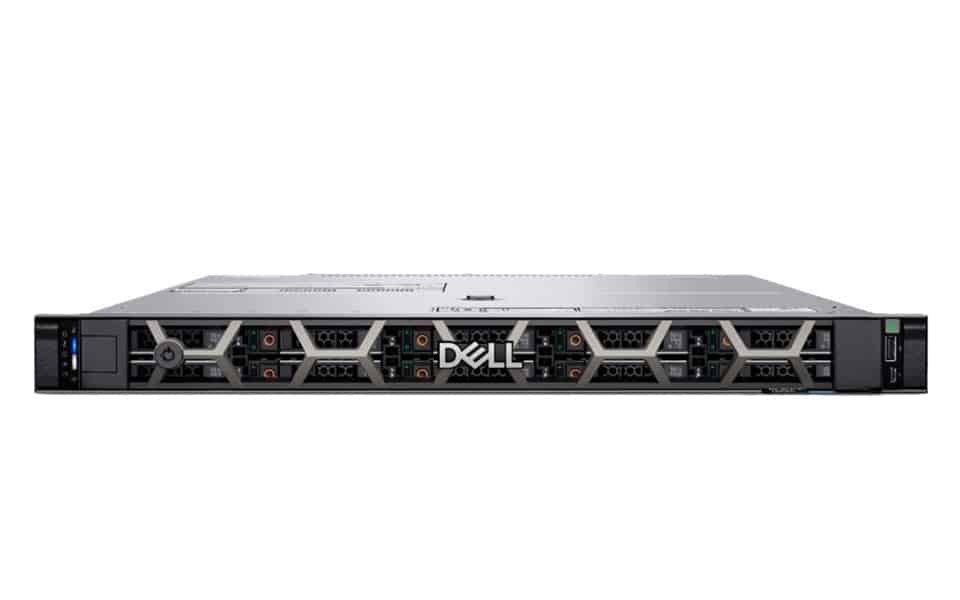
Dell PowerEdge R6625
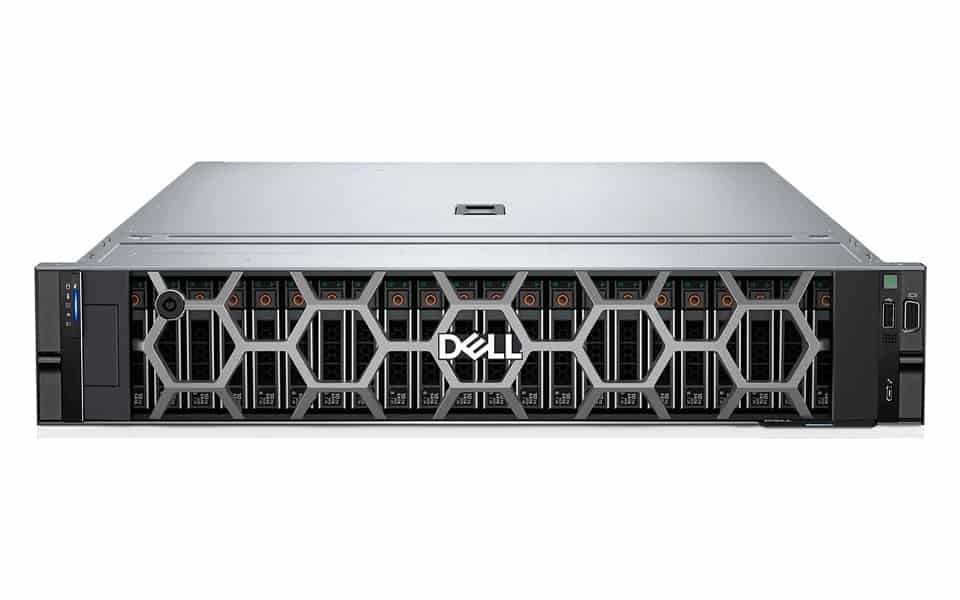
Dell PowerEdge R7615
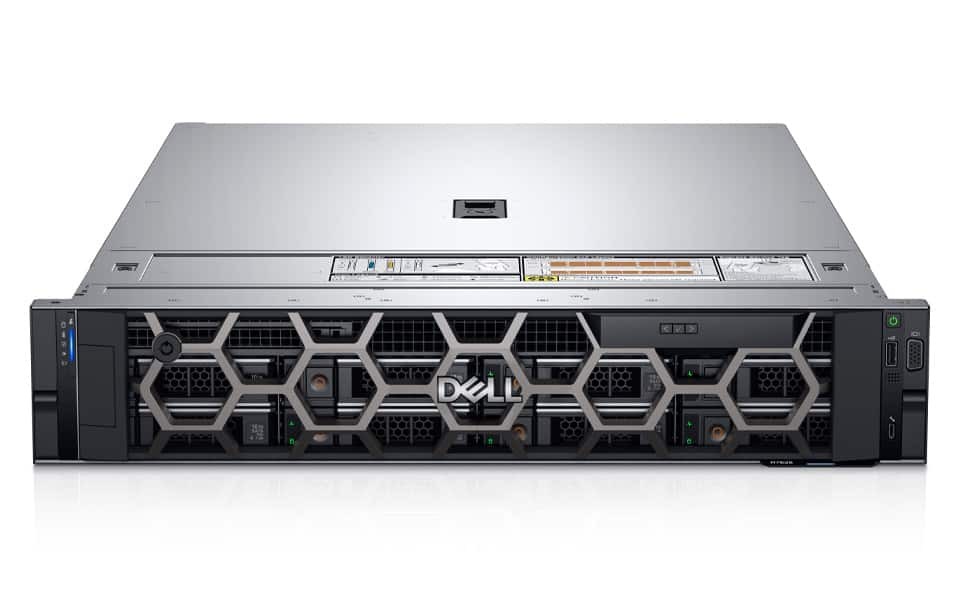
Dell PowerEdge R7625
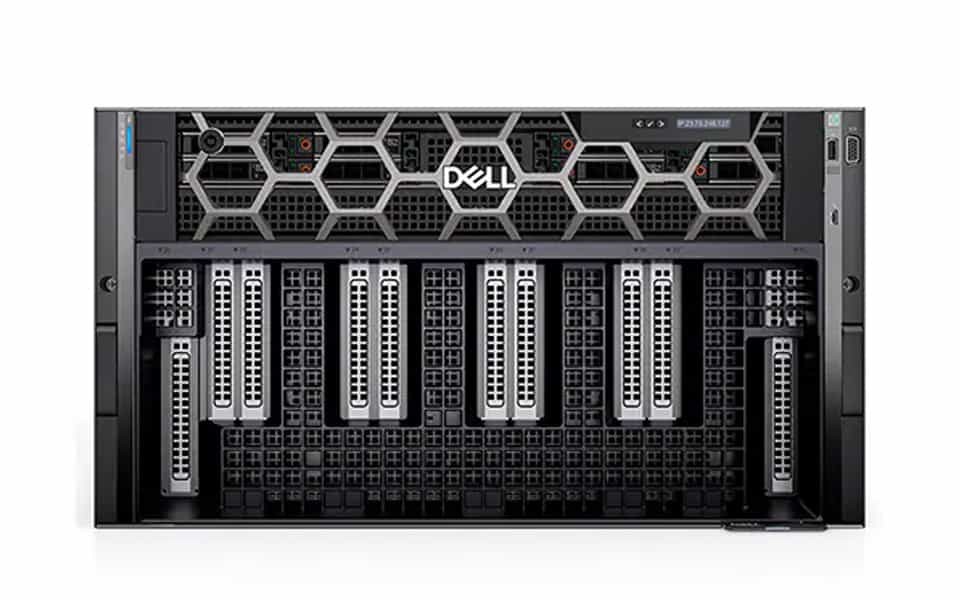
Dell PowerEdge XE9680
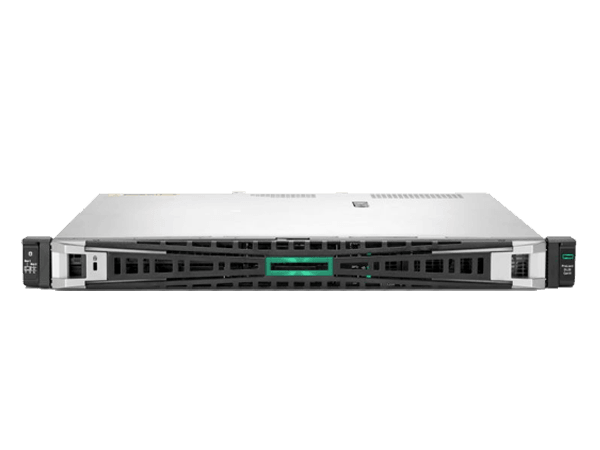
HPE ProLiant DL110 GEN11
Intel® Xeon® E-2400 Scalable Processor Family (Raptor Lake Microarchitecture) Based Servers
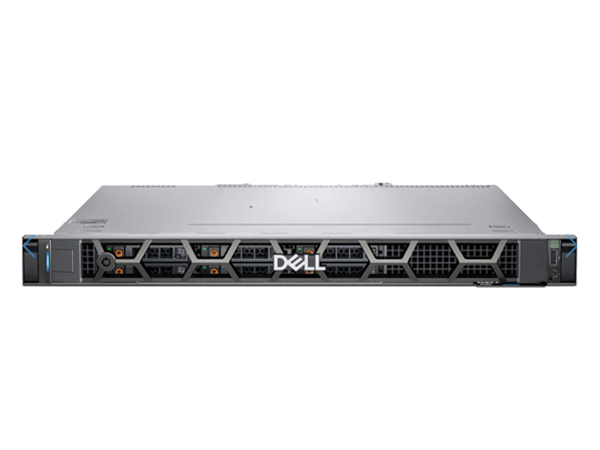
Dell PowerEdge R260
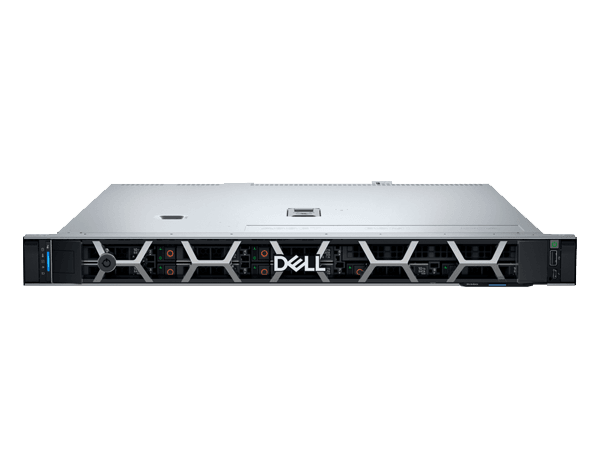
Dell PowerEdge R360
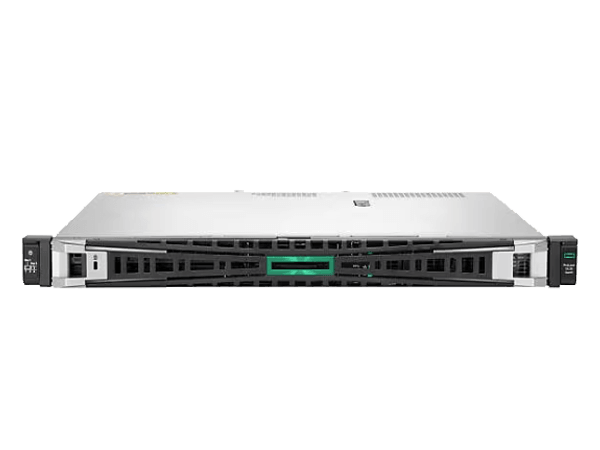
HPE ProLiant DL20 GEN11
Intel® Xeon® E-2300 Scalable Processor Family (Rocket Lake Microarchitecture) Based Servers
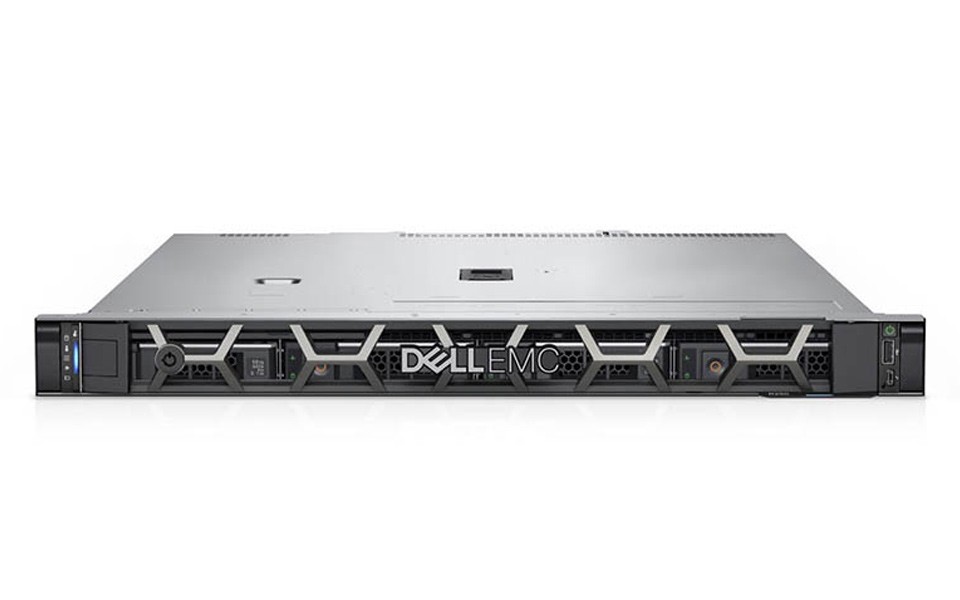
Dell PowerEdge R250
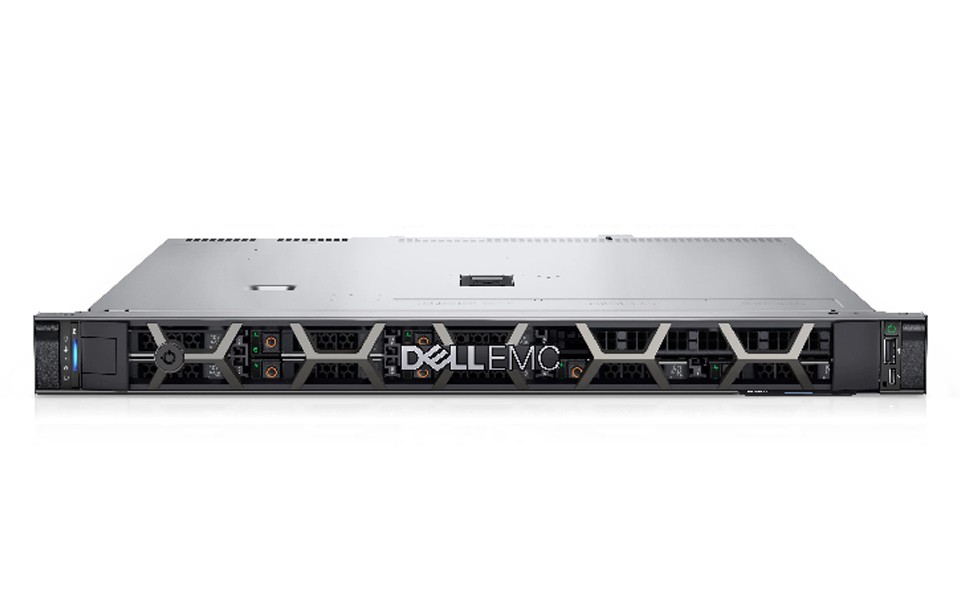
Dell PowerEdge R350
Intel® Xeon® Scalable Processor Family (Ice Lake Microarchitecture) Based Servers
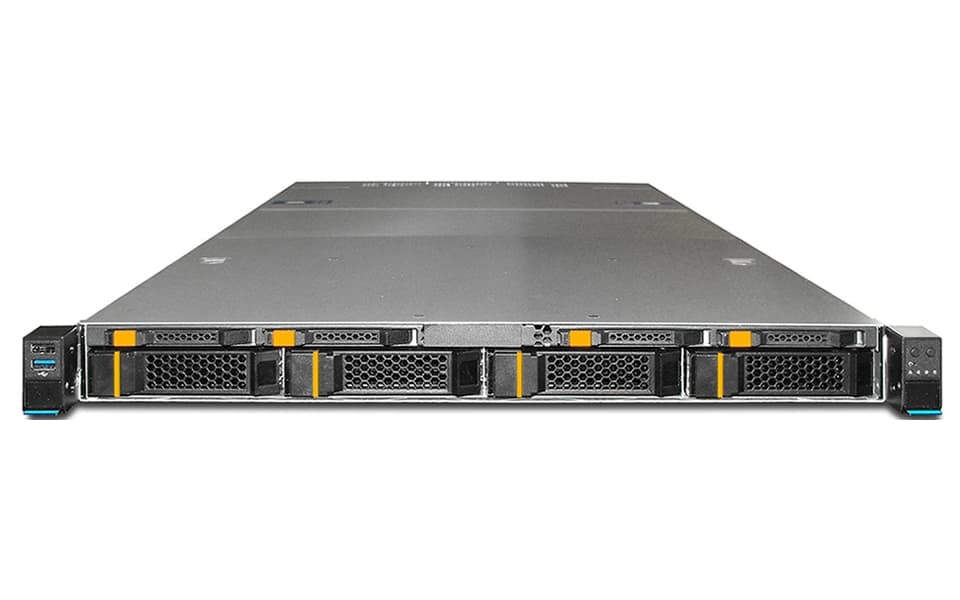
E-1800 R6 (4x3.5”+4x2.5”)
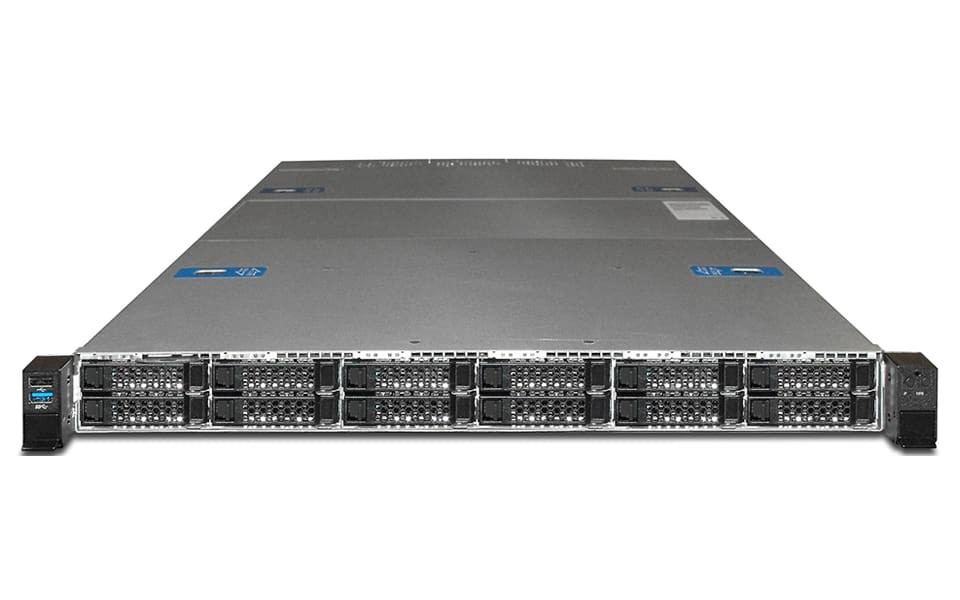
E-1800 R6 (12x2.5”)
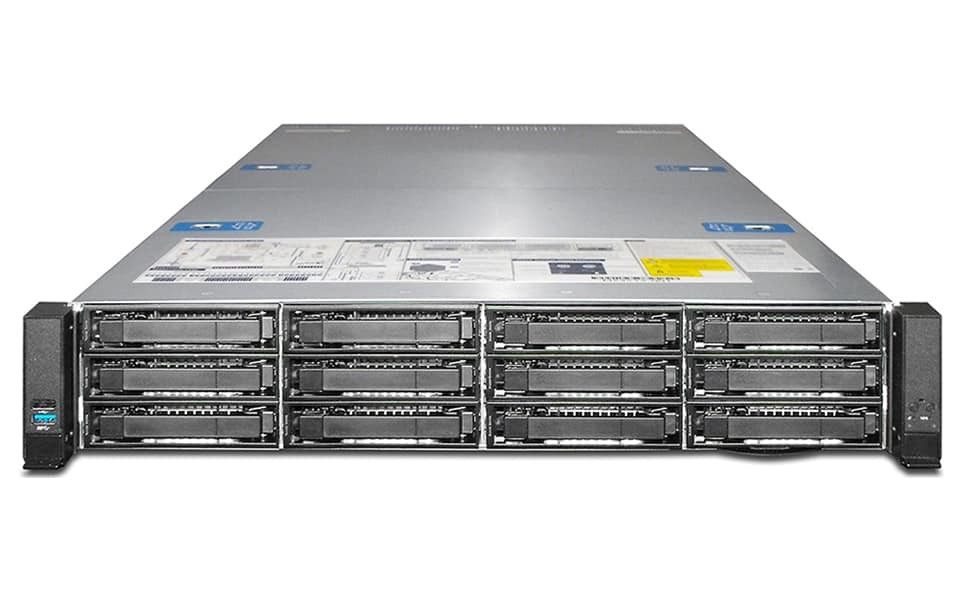
E-2900 R6 (12x3.5”)
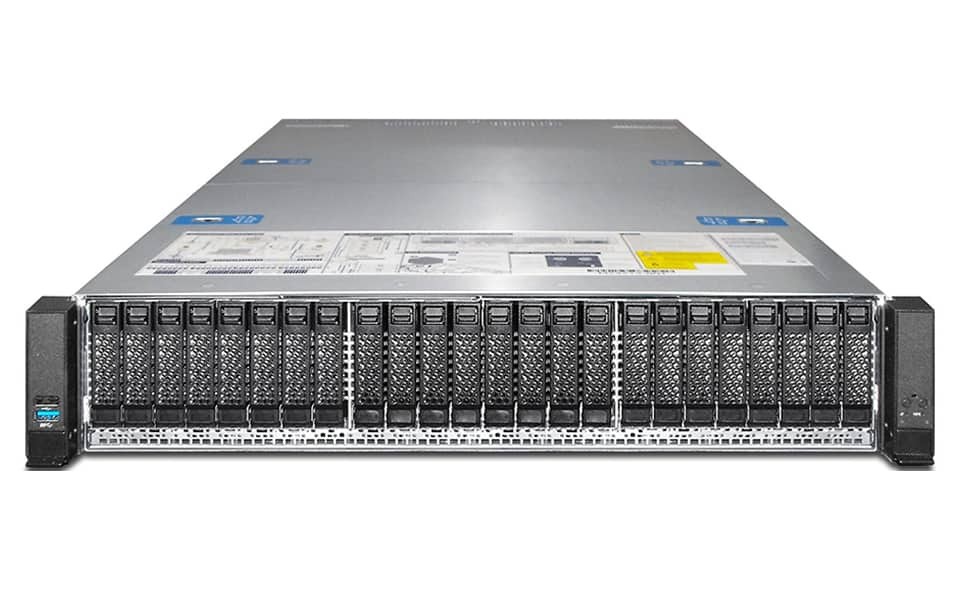
E-2900 R6 (24x2.5”)
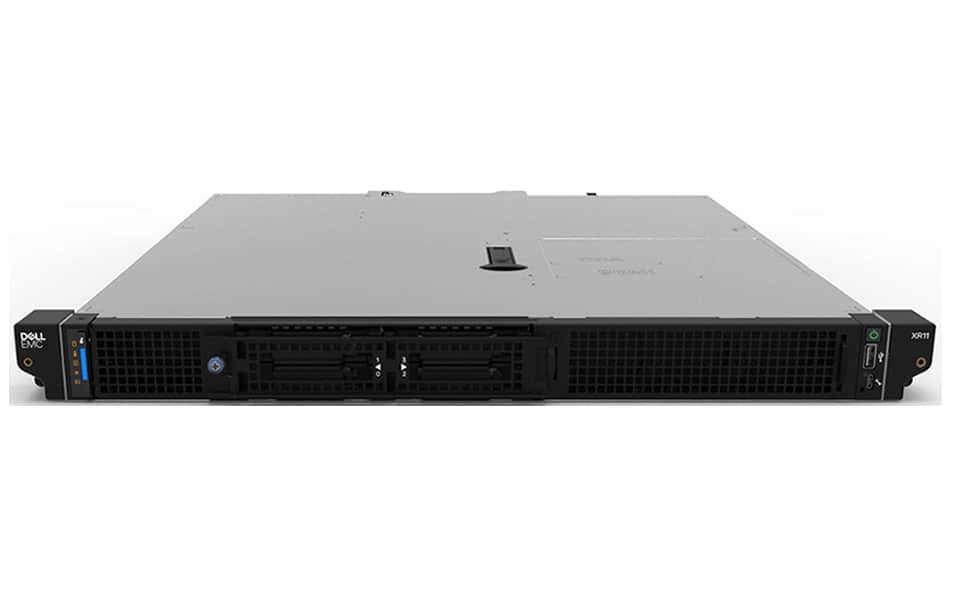
Dell EMC PowerEdge XR11
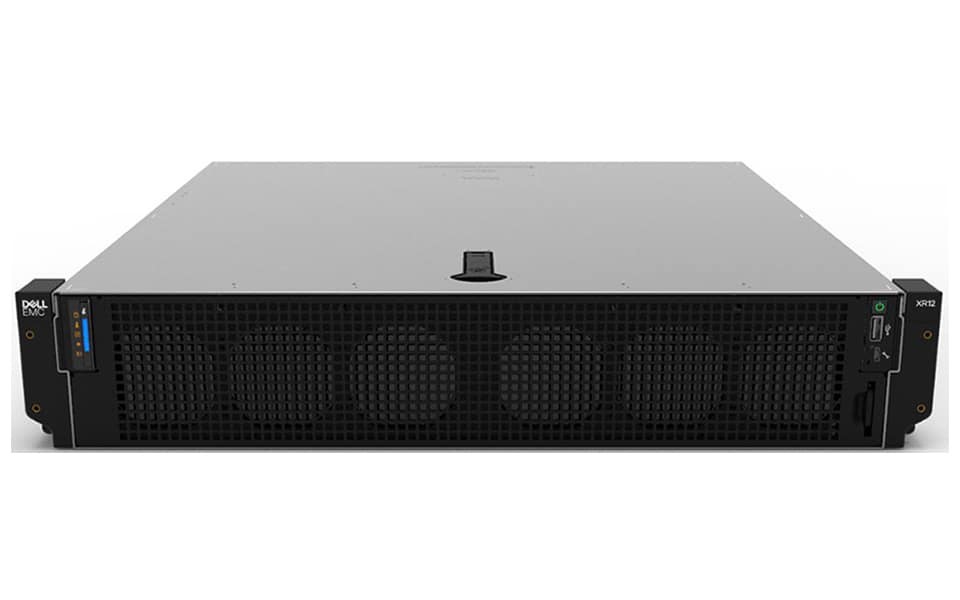
Dell EMC PowerEdge XR12
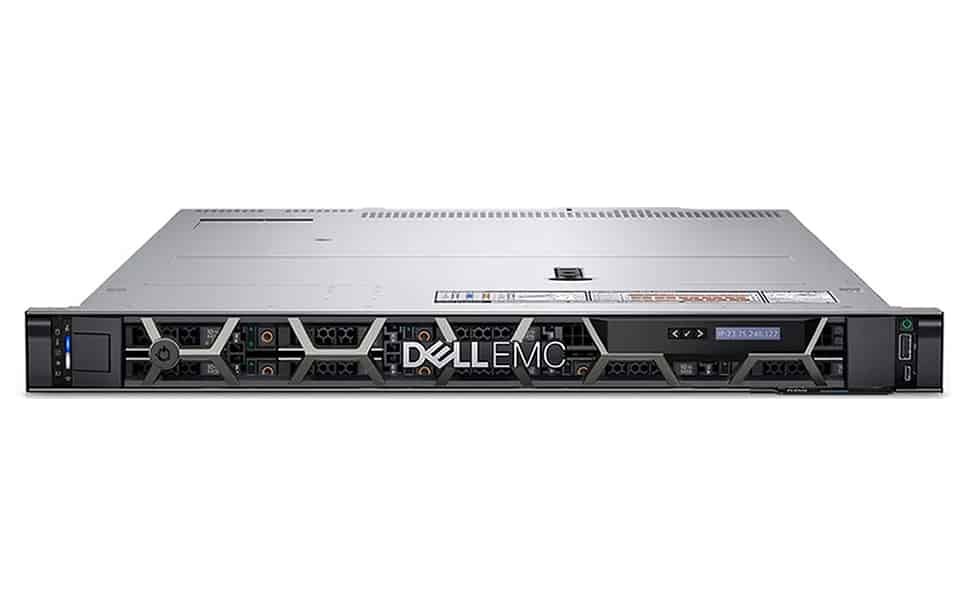
Dell EMC PowerEdge R450
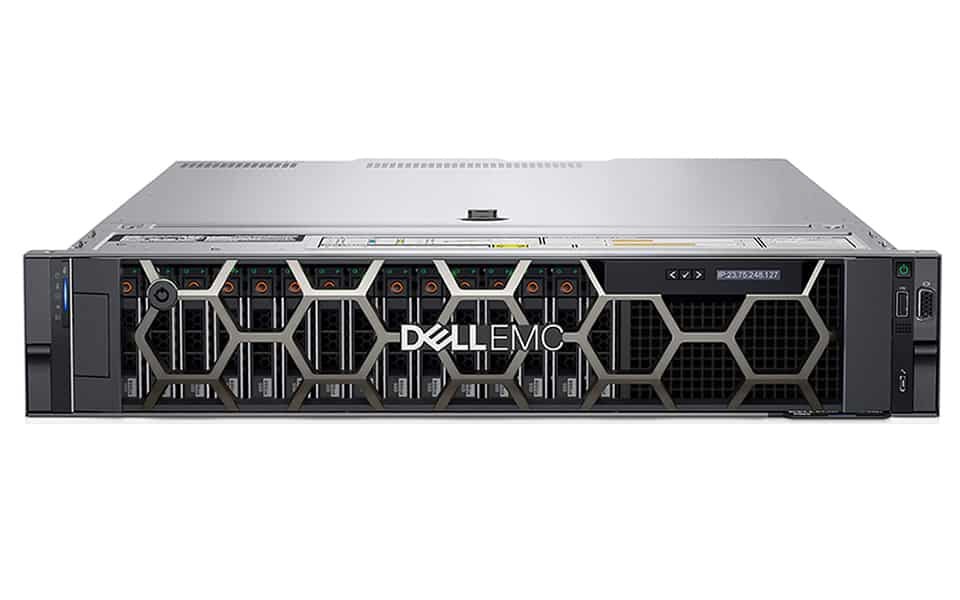
Dell EMC PowerEdge R550
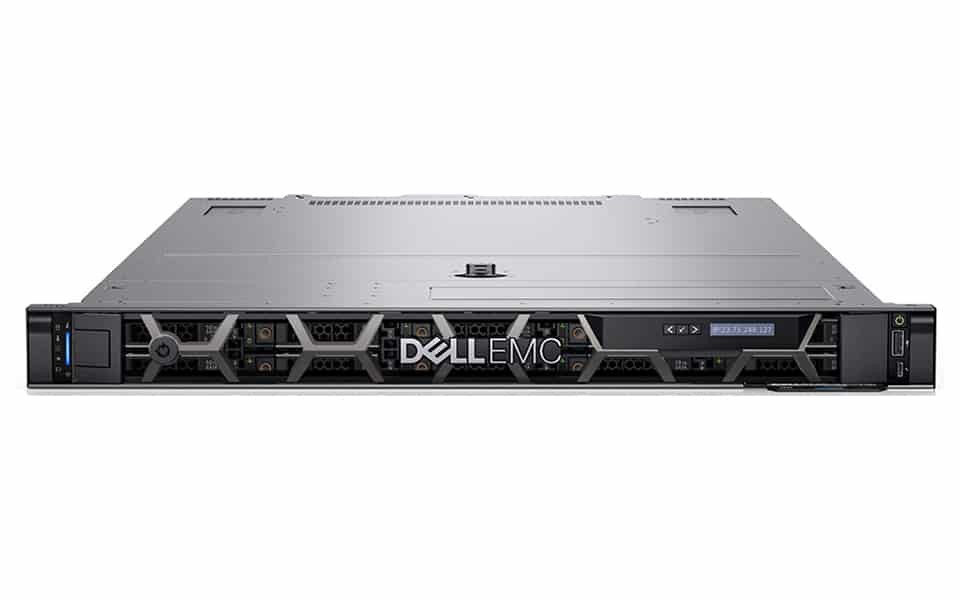
Dell EMC PowerEdge R650
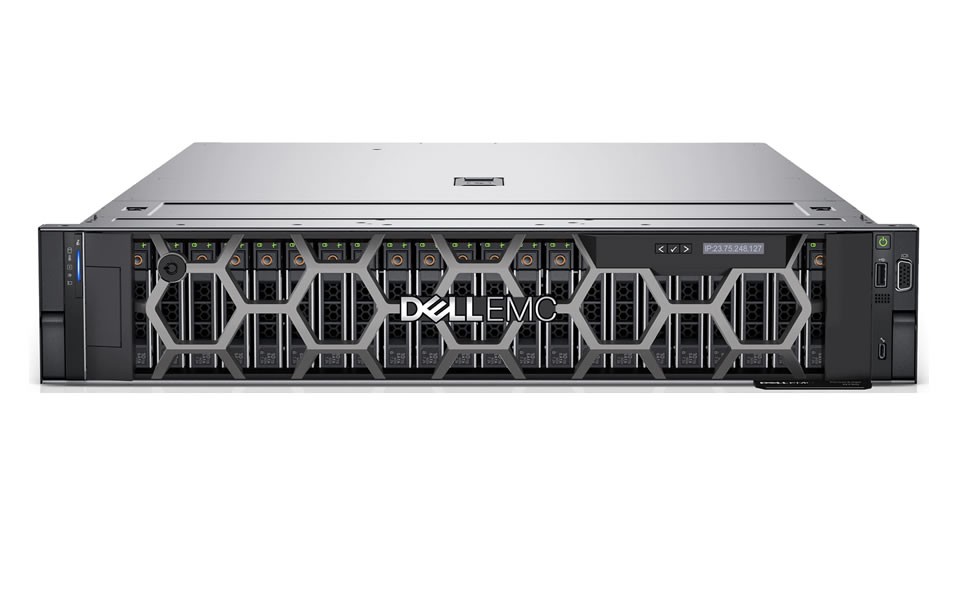
Dell EMC PowerEdge R750
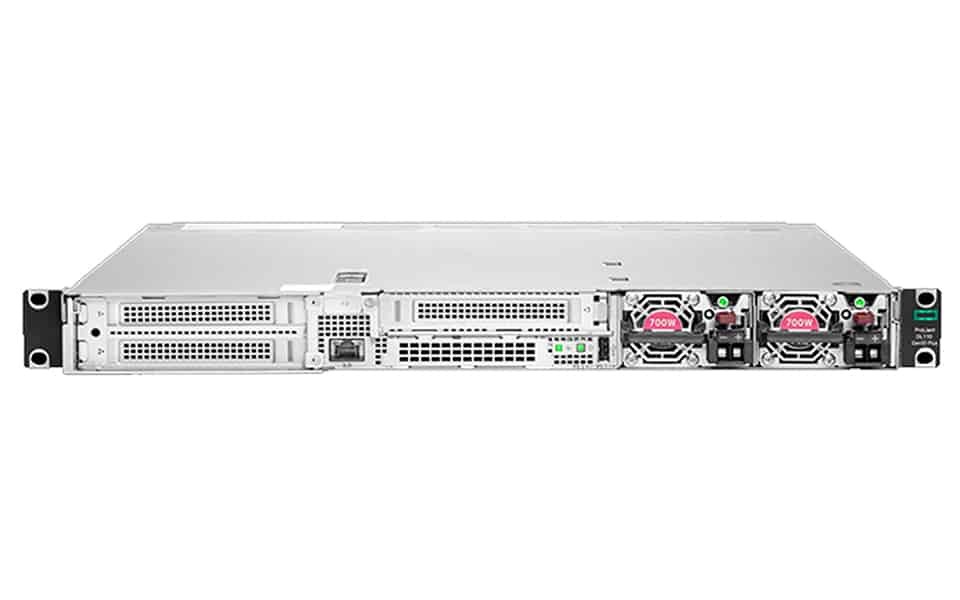
HPE ProLiant DL110 Gen10 Plus
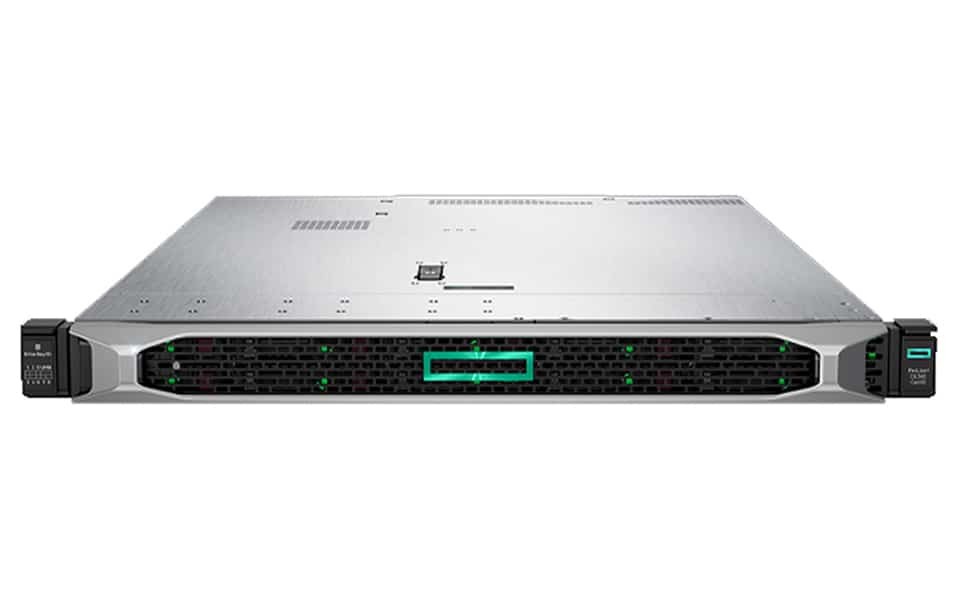
HPE ProLiant DL360 Gen10 Plus
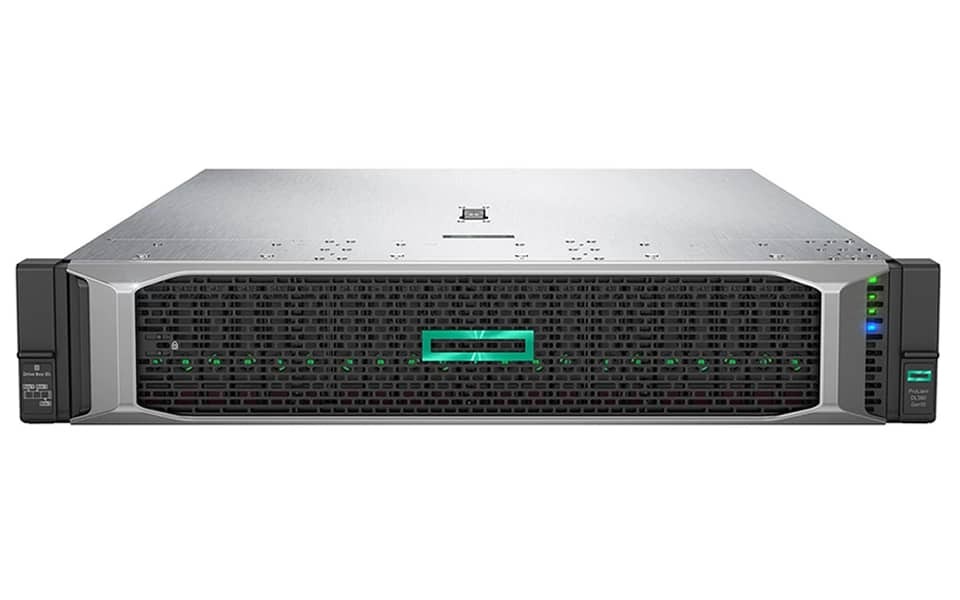
HPE ProLiant DL380 Gen10 Plus
Request a quote
The UNICOM Engineering team is standing by to learn about your business and help you identify the technology and services that can transform your solutions and provide a competitive advantage. The quicker we start to engage the faster this can happen. We’ve provided some baseline information above, but we are much more engaging in person.